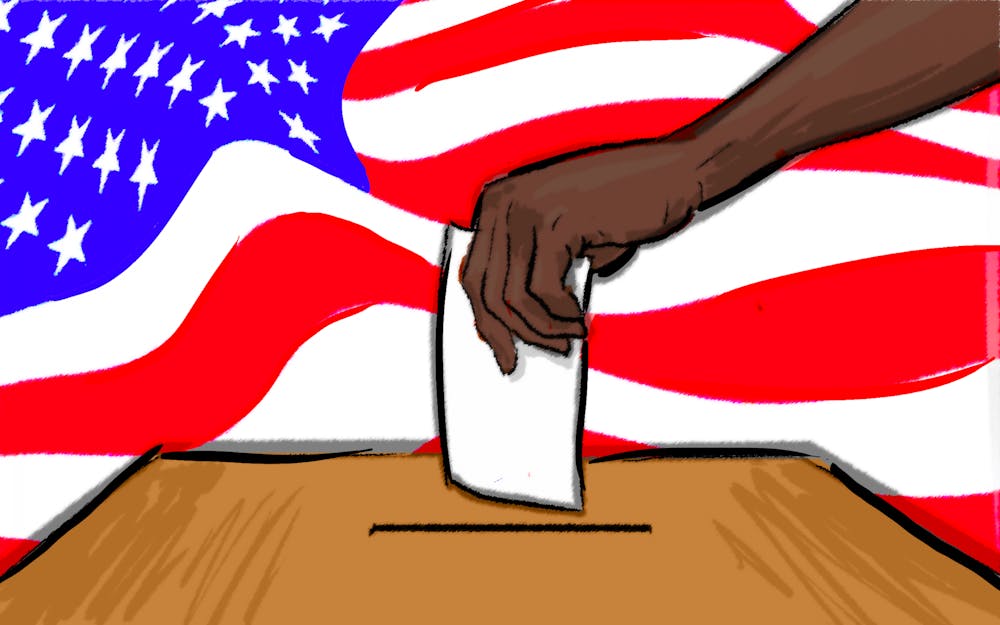Due to economic anxiety created in former President George W. Bush’s administration and the aftermath of the Great Recession, the 2008 election was a landslide for the Democratic Party. Two years later, however, the Democrat’s majority in the Presidency and legislative chambers were thoroughly shaken.
Consequently, Democrats lost six seats in the Senate and 63 in the House of Representatives. In large, this was due to little tangible change in the economy during the first two years of the Obama Administration. Evidently, there is precedent for the incumbent party to lose seats in their midterms and an even larger precedent for them to lose power during economically trying midterms.
Currently, the 2022 midterms are gearing up to be either one of the oddest national elections in recent memory, or one of the least correctly polled. Despite the Biden administration’s relative unpopularity and rising inflation, current polling models that both the Senate and House of Representatives could go either way in party control.
Statistician Nate Silver’s FiveThirtyEight model for the midterms currently predicts a 70% chance that Democrats retain the Senate and a 28% chance they retain the House of Representatives. To help visualize these odds, the chances of flipping a coin and landing tails twice in a row are just a bit lower than the Republican Party’s odds of taking the senate, or the Democratic Party’s odds of holding the House.
Polling favored Democrats in previous elections, and it could in this election as well. The 2016 and 2020 elections exemplified the polling industry’s issues with over-favoring Democrats in their surveys. In 2016, Republican presidential candidate Donald Trump overperformed polling averages by as much as 7.2% in Wisconsin and by considerable margins in other swing states. In 2020, Republicans overperformed polls again, notably in the House elections where they gained 12 seats. Given the current economy, polling does seem like it could be overestimate Democrats once again.
On the contrary, the 2018 midterm elections represented a relative success for pollsters, with results not straying far from their aggregates. Like this year, the 2018 cycle was a midterm year, so perhaps polling becomes less muddied without presidential candidates in the mix. In addition, the GOP has selected electorally weak candidates in key swing states, notably Dr. Oz in Pennsylvania and Blake Masters in Arizona, giving Democrats an edge in those races.
This makes it difficult to decide exactly what precedent for polling accuracy should be used. I’d argue that economic precedent trumps any other in this scenario. The economy is currently the electorate's number one issue, and the economy is doing poorly. Price increases in groceries, gas and rent will be issues that people take to the ballot box this November.
[Related: In Philly, Biden warns 'MAGA Republicans' are threatening democracy]
I believe polling underestimates the power of economic populism. This is an economic platform driven by the working class and can include restrictive international trade policies. It was in economically populist states such as Wisconsin, Ohio and Michigan that pollsters were the most incorrect in 2016 and 2020. Unless drastic change takes place in the economy before November, the Democratic Party will likely have a worse night than forecasted.
Just for fun, I’m going to guess that the Senate stays 50-50, with Pennsylvania flipping blue and Georgia flipping red after a runoff, and Republicans will win 225 seats in the House.
This election could go anywhere, and each party’s momentum could change considerably between now and November. Every scenario will present a drastic change in our government, and yet there is still a chance things will stay the same.
Andrew Miller (he/him) is a freshman studying journalism and history.




